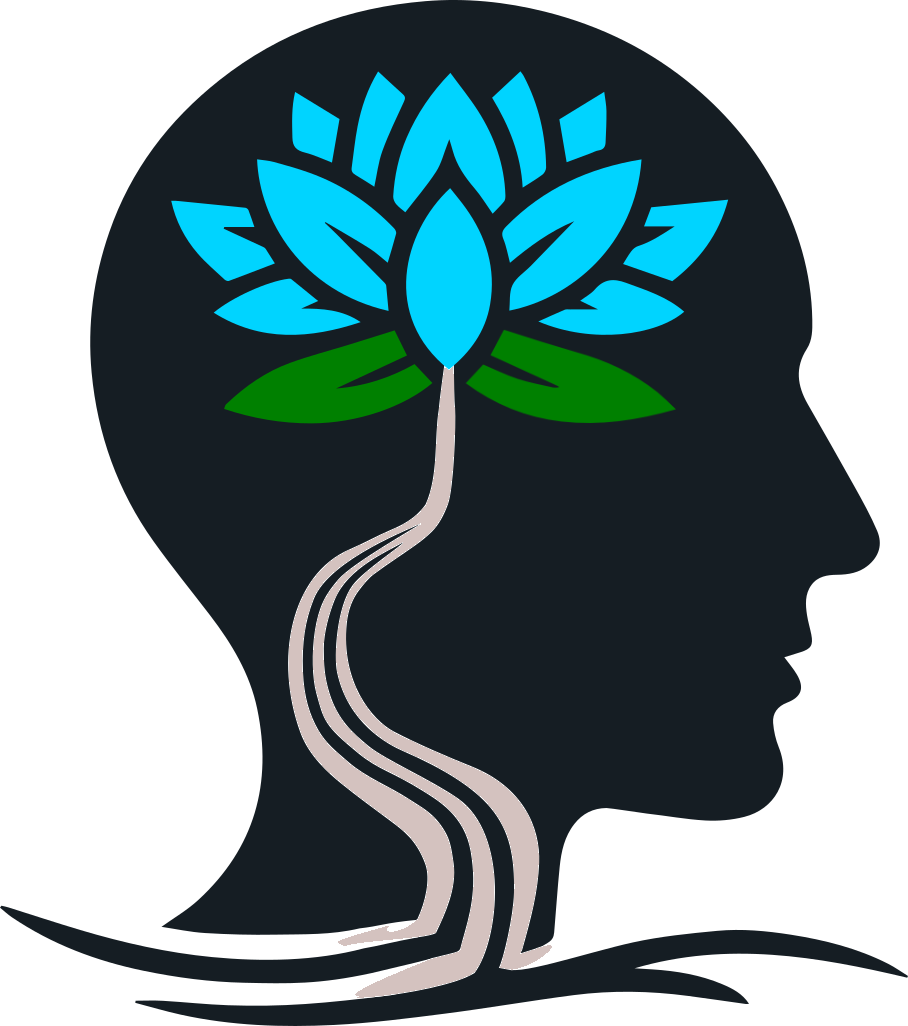
Upaya
What’s this all about?
Upaya is a Sanskrit word used in the Hindu and (to a larger degree) Buddhist traditions that does not have a direct translation in English and has varying meanings in different contexts. It has been defined as ‘discipline,’ ‘method,’ ‘(skillful) means,’ ‘convenient/expedient,’ among others. In Buddhism it is primarily used to connote an aspect of guidance wherein our actions are driven by an incomplete understanding at the time. Or to put it in a more western framing, that we do not need to always fully understand our experiences as they unfold. Upaya connotes, in my mind, that every experience in life has the potential to help us along our path toward liberation. It is our task to pause and learn from our experiences so we can learn how to relieve ourselves from the suffering of having to repeat them.
The Lotus Sutra has a parable that might provide a helpful demonstration: A father comes home to see his house is on fire. He runs inside, only to find his three children happily playing games. He tries in vain to get them to leave the house, but they are too busy with their diversions and ignore him. Knowing there was no time to carry them off one by one, he is struck by sudden inspiration and says, “My children, outside are three beautiful carts, one for each of you. Let’s go quickly to look at them!” This was enough to capture their attention and all of them ran from the burning house. The father then had to make amends for his white lie, and set about procuring three carts for his children.
I have had the privilege of living in the Himalayas for about four years of my life, first as a college student, later as a researcher, and finally as the program director for a study abroad program. While I do not fell compelled to officially adapt to a single religion, both Hinduism and Buddhism strongly inform my personal, professional, and spiritual sides. When the concept of Upaya was shared with me, I realized that I had been on that path already for some time.
As a therapist, I see my role not as the person who can tell you what your lessons are, but rather as the one who can help you connect to your inner wisdom. We all have our own paths to follow and lessons to learn.
One piece that I find important to address here is the concept of cultural appropriation. As a white, male-bodied human, it would be easy to write my practice name off as cultural appropriation. My goal here is to not appropriate from this sacred tradition, but rather to honor it and bring public attention to an ancient wisdom that has transformative potential to individuals and society. It is my hope & intention not to exploit this concept for my own benefit, but to honor and revere wisdom from outside white supremacy. This orientation is very much entwined with my life/therapy practice and to avoid highlighting its importance feels like plagiarism.
If you would like to discuss my position with this term, I would be very interested to hear your thoughts. I have no doubts there is more for me to learn here. This position is complicated, but the pieces addressed in therapy often are.
